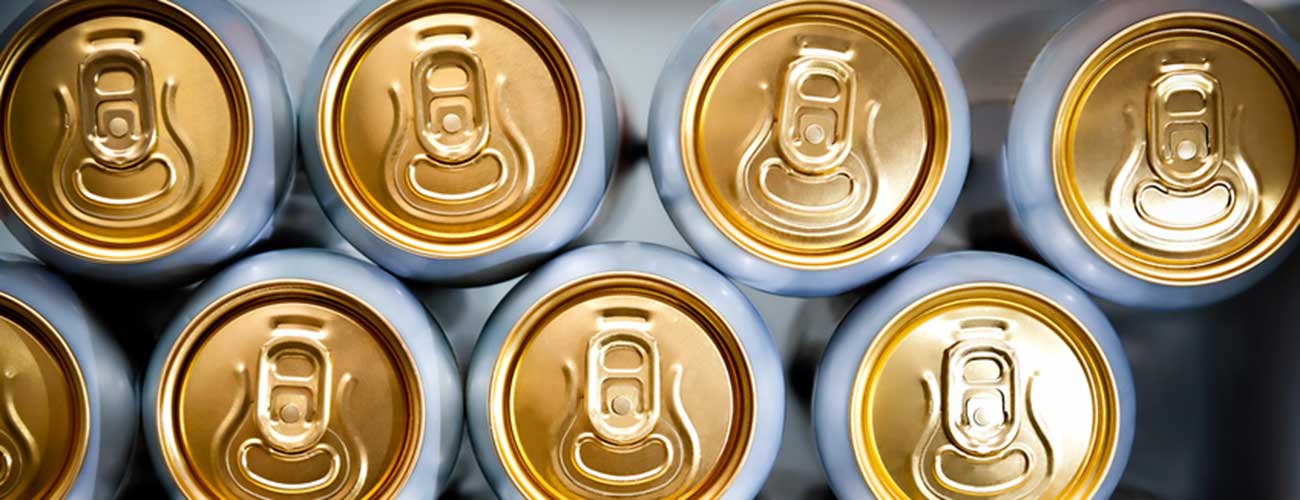Sign up for The Media Today, CJR’s daily newsletter.
Some members of a committee were discussing an issue via email, and it was going on a little too long. “Some yinz please make the call,” one member, who lives in southwestern Ohio, wrote. “Some yins?” another member, from Philadelphia, replied, using an alternative spelling. “Is this, like, Ohiospeak?”
Close. It seems to have originated in western Pennsylvania, according to several online slang dictionaries.
Yet the person who’s lived in Philadelphia nearly all his life had never heard it. (To be fair, much of Pennsylvania considers Philadelphia to be a separate state.)
That’s the fun about regionalisms. A term can be localized only among a certain demographic, or it may be used in rural areas but not urban ones. Like jargon, it’s a way of communicating with “people like you,” and perhaps excluding others.
“Yins” in western Pennsylvania could be “y’all” in much of the South, “youse guys” in Brooklyn, and “you lot” in England. It can be referring to a single person or, as our Ohioan used it, to mean “someone.” It’s also spelled “y’ins.” If you believe Wikipedia (sometimes an iffy proposition), it’s a mashup of the Scotch-Irish “you ones.”
Regionalisms can be spread beyond a region. For example, someone who had grown up in Chicago but moved away about 30 years ago was puzzled when, a couple of weeks ago, a friend requested they “move over a titch.” Another friend, when asked if she wanted any coffee, said “just a titch.” Both friends have lived in Chicago about 30 years, but are from elsewhere; the native, now living in New York, had never heard the phrase.
The context made it clear, though: “a titch” is a small amount. And there’s some etymology for that term: According to Oxford Dictionaries, “titch” is British slang for a small person. How it got there, though, is a little tortured: A diminutive British stage performer, Henry Relph, took the stage name of “Little Tich” because he resembled a man named Arthur Orton.
Huh?
Wait, there’s another step. Orton claimed to be Roger Charles Tichborne, the heir to an English baron. Orton was known as the “Tichborne claimant.”
How it added a “t” and made it to these shores, heaven knows.
Regionalisms may make it into some dictionaries, but often you are at the mercy of the context to figure it out. Fortunately, a project at the University of Wisconsin has been working on the Dictionary of American Regional English to try to catalog them all. Unfortunately, you either need to buy all six volumes or hope your local library has access.
Some regionalisms can easily confuse people: Ask for a “soda” in the Midwest, and you’re likely to get a concoction with ice cream and a fizzy liquid. Ask for a “coke” in the South, and you might get the response: “Dr Pepper, Sprite, or Coca-Cola?” And ask for “a pop” in the Northeast, and you might end up with a bloody nose. A “regular coffee” has cream and sugar in New York but only caffeine in most of the rest of the country.
Some regionalisms are easily recognizable: Something that is “pricy” in Washington, DC, is “spendy” in the other Washington; a “Denver omelette” is the same as a “Western omelette”; the farther east you are, the more likely it is to be called “Western.” Depending on where you live, or grew up, you might sit on a “sofa,” a “chesterfield,” or a “davenport.”
But what to do when you’re in California and someone asks you to “pungle”? First, ask a native. Then, pay up. Unless it’s too “spendy”; then let some “yinz” do it for you.
Has America ever needed a media defender more than now? Help us by joining CJR today.



